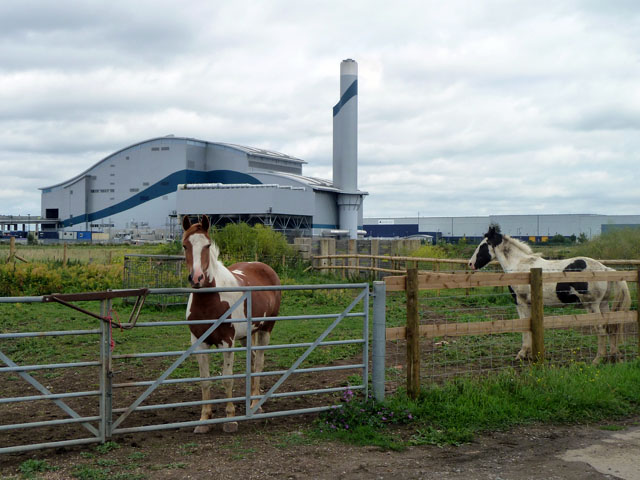
Horse manure has long been a byproduct of equestrian activities, often used as compost or feed for other animals. However, its potential as a renewable energy source is now gaining attention due to its high output and efficient energy conversion properties. Horses, which produce an impressive 60 pounds of manure per day, offer a significant advantage over other livestock such as dairy cows, whose waste output is comparatively lower. This abundant supply of manure not only provides a steady feedstock for energy production but also contributes to more efficient conversion processes.
Recent research into manure-to-energy technologies underscores the advantages of using horse waste. Anaerobic digestion, a process where microorganisms break down organic material in the absence of oxygen, has been identified as a particularly effective method for converting horse manure into biogas. This biogas, primarily composed of methane, can be harnessed to generate electricity and heat, presenting a sustainable alternative to fossil fuels. The relatively high methane content of horse manure compared to other animal waste enhances its efficiency in this process.
Furthermore, the environmental benefits of using horse manure for power generation are significant. By diverting manure from landfills and preventing it from contributing to methane emissions in open environments, this approach helps reduce greenhouse gas emissions. Additionally, the application of anaerobic digestion reduces the volume of waste that would otherwise require disposal, thus mitigating the associated environmental impact.
The shift towards using horse manure in energy production also supports the broader goal of promoting sustainable agricultural practices. By integrating waste management with energy generation, farms and stables can achieve greater resource efficiency and reduce operational costs. This dual benefit—providing a valuable energy source while managing waste—aligns with the principles of circular economy, where resources are reused and recycled to minimize waste.
Moreover, technological advancements are making the conversion of horse manure into energy more viable and efficient. Recent innovations in digesters and biogas purification systems are enhancing the scalability and cost-effectiveness of manure-to-energy projects. These improvements are making it increasingly feasible for small and large-scale operations alike to implement and benefit from manure-to-energy systems.
Industry experts and stakeholders are increasingly advocating for the adoption of these technologies. The potential for significant energy production from horse manure, coupled with the growing emphasis on sustainability, positions this waste product as a valuable resource in the renewable energy sector. As research and development continue to advance, the role of horse manure in power generation is expected to expand, offering new opportunities for energy production and waste management.
Overall, the promising outlook for horse manure as a superior waste product for energy generation reflects a broader trend towards innovative and sustainable solutions in the energy sector. By harnessing the full potential of this abundant resource, the industry is poised to make strides in reducing environmental impact and advancing renewable energy technologies.